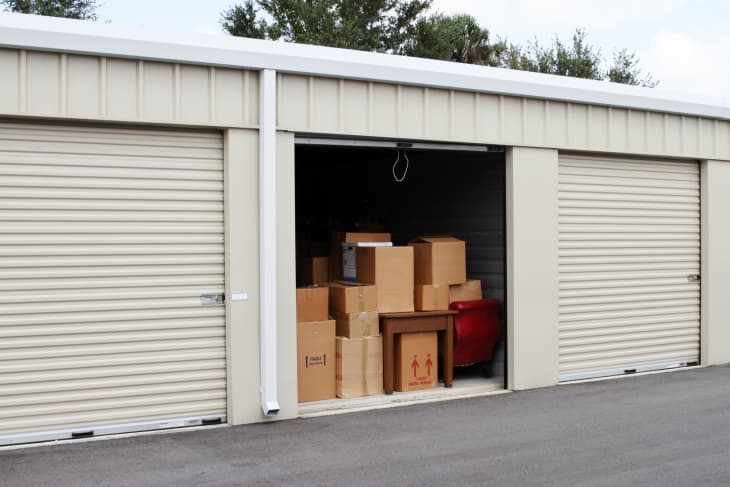
Before you start searching for a storage unit, take stock of the items you plan to store. Create a detailed inventory and categorize items based on their size, shape, and fragility. This will give you a clear understanding of the space you'll require and help prevent overestimating or underestimating your storage needs.
While it's essential to assess your current storage needs, it's equally important to consider potential future requirements. Are you planning to acquire more items, or do you anticipate downsizing further? Factor in any life changes or upcoming events that may affect your storage needs to avoid frequent unit changes.
Most storage facility websites provide online tools and size guides to help customers estimate the appropriate unit size. These tools often include visuals and recommendations based on the number and types of items you plan to store. Take advantage of these resources to narrow down your options and make an informed decision.
Storage units come in various sizes, typically measured in square footage or cubic feet. Standard sizes range from small lockers or closets to larger units that can accommodate the contents of an entire household. Familiarize yourself with these sizes to better visualize the space each unit offers and match it to your needs.
Consider how frequently you'll need to access your stored items. If you plan on regular visits, prioritize a storage unit with sufficient space to allow easy navigation and access to your belongings. This will save you time and effort when retrieving items from the unit.
It's always a good idea to have a bit of extra space in your storage unit. This provides flexibility in case you acquire more items or need to rearrange your belongings. Having a little extra room also allows for proper ventilation and organization within the unit.
Certain items, such as electronics, wooden furniture, or sensitive documents, may require climate-controlled storage. If you're storing items that are susceptible to temperature and humidity changes, factor in the need for a climate-controlled unit when choosing the size.